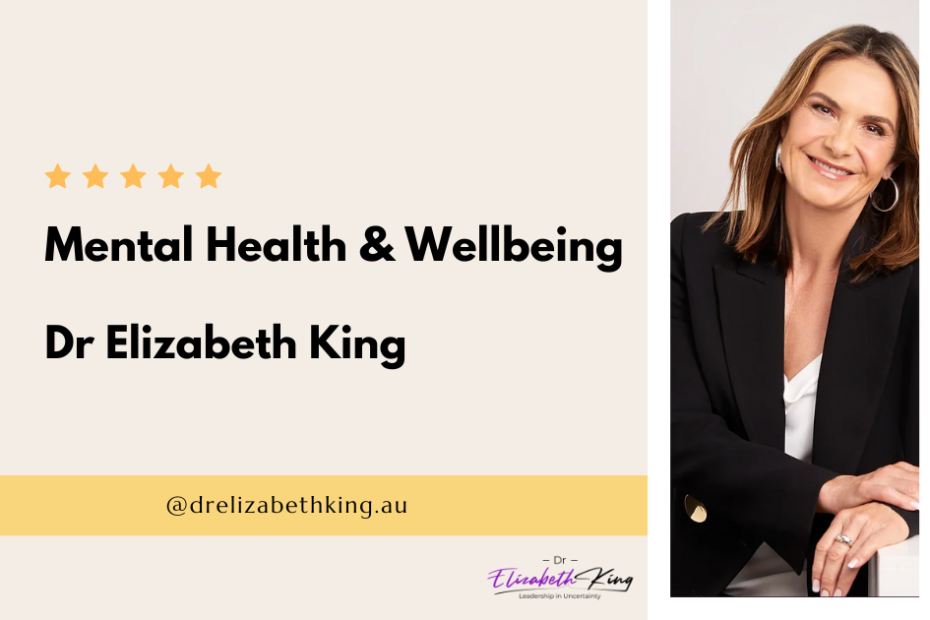Cultivating Mindfulness: A Strategic Approach to Championing Robust Diversity and Inclusion Practices
The business landscape is witnessing a paradigm shift, with diversity and inclusion (D&I) evolving from being buzzwords to becoming essential components of corporate strategies. This transition is backed by compelling evidence: Companies boasting diverse teams and inclusive cultures consistently outperform and outshine their less diverse competitors.
However, implementing effective D&I is not a mere HR exercise – it serves as a cornerstone of profound organizational transformation. Here, mindfulness surfaces as an influential tool to foster D&I, with popular culture offering a unique avenue to enhance this approach.
The Impact of Mindfulness
A technique rooted in ancient philosophy, mindfulness has traditionally been associated with personal well-being and growth. However, its potential reaches far beyond, providing a secure foundation for D&I. Through cultivating self-awareness and emotional intelligence, mindfulness becomes indispensable for leaders striving to create an inclusive environment.
Mindfulness encourages focused attention to the present moment, offering an objective lens to examine thoughts, feelings, and actions without judgment. Such a practice empowers leaders to acknowledge and comprehend their unconscious biases – the unnoticed prejudices that subtly yet significantly influence decision-making and interpersonal interactions.
As mindfulness amplifies self-awareness, it triggers recognition and understanding of these biases, leading to proactive efforts to alleviate their impacts and facilitate equitable decision-making. Hence, mindfulness becomes a critical ally in supporting D&I practices.
The Imperative in Organizational Transformation
In the journey of organizational transformation, embedding D&I is of paramount importance. A McKinsey report found that companies with diverse executive boards registered a 53% higher return on equity compared to their less diverse counterparts. This increase in performance and returns stems from the broader range of experiences, ideas, and perspectives that diverse teams bring to the table, fostering innovation and more agile problem-solving capabilities.
Alongside diversity, an inclusive culture where individuals feel valued, respected, and connected is vital. This type of environment enhances employee engagement, motivation, productivity and employee retention, leading to improved organizational performance. In the context of the Voice referendum in 2023, an inclusive workplace culture contributes towards a sense of belonging for Indigenous employees.
With mindfulness facilitating self-awareness and empathy among leaders, companies can better steer their organizational transformation, resulting in increased innovation and productivity.
The Confluence of Mindfulness and Pop Culture
Popular culture, a potent influencer of societal norms and behaviours, can serve as a tool to heighten mindfulness. Movies, TV shows, music, books, and social media subtly shape our understanding of the world and, consequently, our biases. Mindfulness equips us to critically dissect and learn from popular culture, aiding in developing a comprehensive understanding of diverse experiences and perspectives.
Further, popular culture can mirror societal biases. Mindful examination of popular culture can unveil these biases, sparking dialogues and promoting a deeper understanding of systemic issues that inhibit D&I. For instance, a female entrepreneur looking for inspiration, information, ideas or a female role model to motivate her will struggle to find a mainstream film from the last five years which features a successful female entrepreneur. She is more likely to find one that portrays the female entrepreneur as a fraud, for instance, The Inventor (2020) or The Dropout (2020), both of which centre on the medical start-up founded by Elizabeth Holmes. There is also a six-part Netflix series called Inventing Anna (2022), which examines the entrepreneurial journey of Anna Delvy who has been in prison for fraud since late 2018. Female entrepreneurs in feature films produced since 2000 are still often cleaners or cooks or they invent a product associated with the home, domestic labour or with very young children. Gender is, clearly, only one aspect of diversity.
Leaders can introduce popular culture references during workshops or team-building exercises to prompt conversations around diversity, inclusion, and bias. This engagement can sow the seeds for empathy, understanding, and transformation.
The potential of mindfulness in advocating D&I practices is substantial. It facilitates self-awareness, empathy, and understanding, enabling leaders to recognize and address their biases. As companies embark on their transformation journey, mindfulness, in conjunction with popular culture, can be a formidable force in nurturing a culture of inclusion and diversity.
Successfully establishing D&I is a continuous journey, necessitating consistent effort, introspection, reflection, and learning. As business leaders, our challenge is to integrate mindfulness into our strategies, leveraging tools at our disposal, including popular culture. The payoff, marked by increased innovation, employee engagement and retention, and overall organizational performance, is well worth the pursuit.

About Dr Elizabeth King
Dr Elizabeth King is recognised as a one of Australia’s leading authorities on leadership development. Over the last three decades, she has worked as an advisor, mentor, executive coach, and facilitator, focusing on organisational, team and individual performance in disruptive contexts. She has worked with some of the region’s biggest companies, designing and delivering solutions that build the competencies and culture required for navigating complexity. Dr. King’s work also integrates transparency, accountability, and social purpose—all vital components of leadership development programmes.
Learn more here
